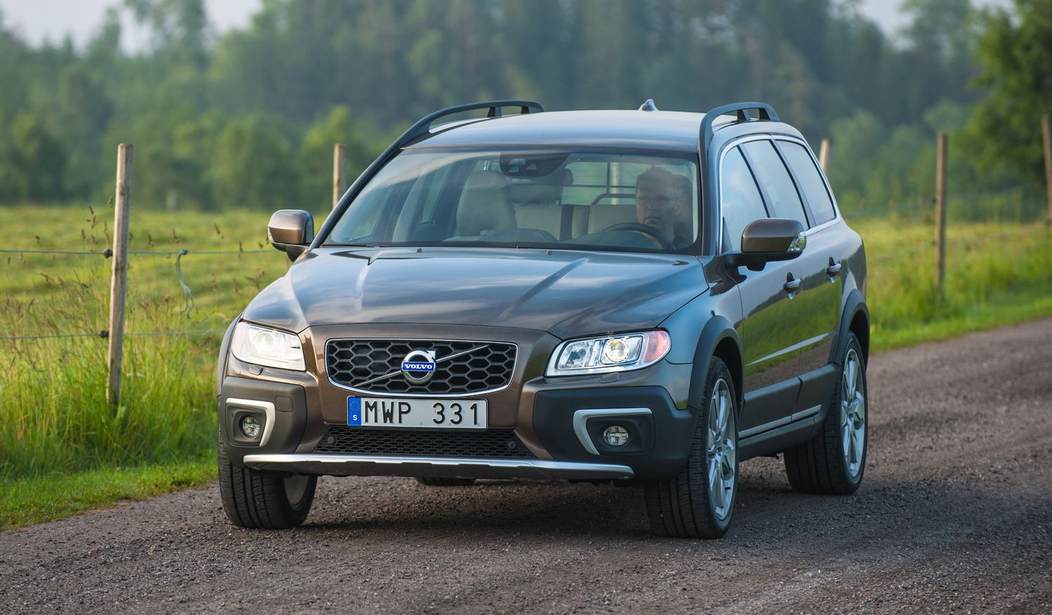Three years ago, automaker Volvo jumped on the bandwagon with other car manufacturers and heeded the call of the Biden administration, announcing that they would fully shift over to producing only all-electric vehicles by 2030. The government's promises of fat subsidies for people who made the switch were a powerful motivator. New EV models were put on the drawing board and modifications of their production facilities were moved into the planning stages. For a brief time, there was indeed a surge in EV sales, so it looked as if these plans might pay dividends. But only a couple of years later, reality set in. Now Volvo has announced that they are walking back those plans and they will be offering hybrid cars by 2030 along with some of their traditional models. (BBC)
Car company Volvo has announced it has abandoned its target to produce only fully electric cars by 2030, saying it now expects it will also be selling some hybrid vehicles by that date.
The car maker blamed changing market conditions for its decision to give up a target it had announced only three years ago.
It comes as the industry faces a slowdown in demand in some major markets for electric vehicles (EVs) and uncertainty due to the imposition of trade tariffs on EVs made in China.
Volvo has long touted its reputation as a participant in building a green energy economy, bragging about how they are helping protect the planet from the climate crisis. But they are also a private corporation that depends on their ability to turn a profit in order to stay in business. If a product isn't selling and moving out the door in a reliable fashion, no amount of government mandates is going to force people to open their wallets and buy them.
Volvo isn't alone in this decision. General Motors and Ford have both already scaled back their EV plans, much to the consternation of the Biden administration. We're not living in a full-blown autocracy (at least not yet, anyway) and the government can't force people at gunpoint to go purchase an EV. Volvo wouldn't remain in business very long if they tried to ignore those sorts of realities.
None of us should be surprised that these government mandates are coming apart at the seams based on the way the rest of the associated mandates have played out. We were told that billions of dollars were being "invested" in the installation of tens of thousands of new EV charging stations around the country. That money was spent, to be sure, but thus far less than a dozen of those charging stations have appeared. The charging stations that people are able to find frequently have broken equipment rendering them useless.
More than anything else, 100% electric vehicles simply don't fit in with the lifestyles of most Americans who don't live in densely populated urban environments. The country has a thriving "car culture" as it has for many years. But nobody wants to be forced to plan their road trip around the locations of hopefully functional charging stations. People who manage to find a charging station are not thrilled with the idea of having to stand around waiting to see how long it will be before the massive battery in their EV is finally charged up again. There are gas stations everywhere and you can pretty much always find one that works. You can fill your tank in a few minutes and be on your way. There may be a slightly more promising future for gas/electric hybrid vehicles, but the main reason they are more popular is that people want the peace of mind that comes with being able to switch back to gasoline when the need arises. The current government seems to be unable to get that message, but Volvo is joining the ranks of automakers who have figured it out.








Join the conversation as a VIP Member